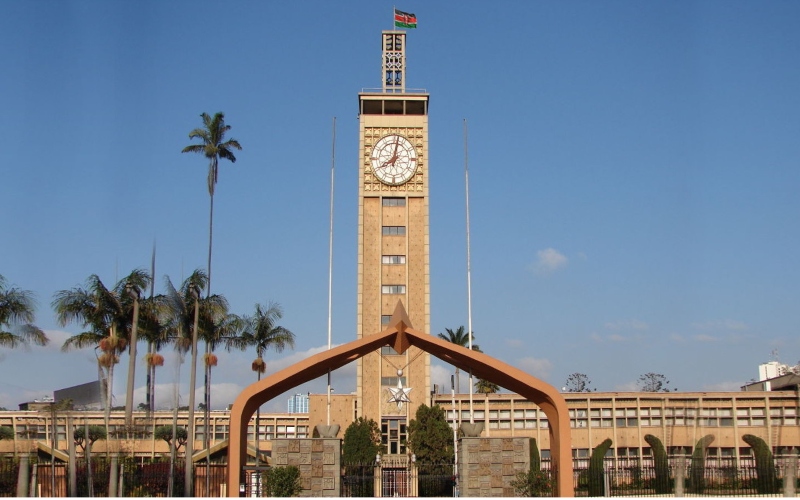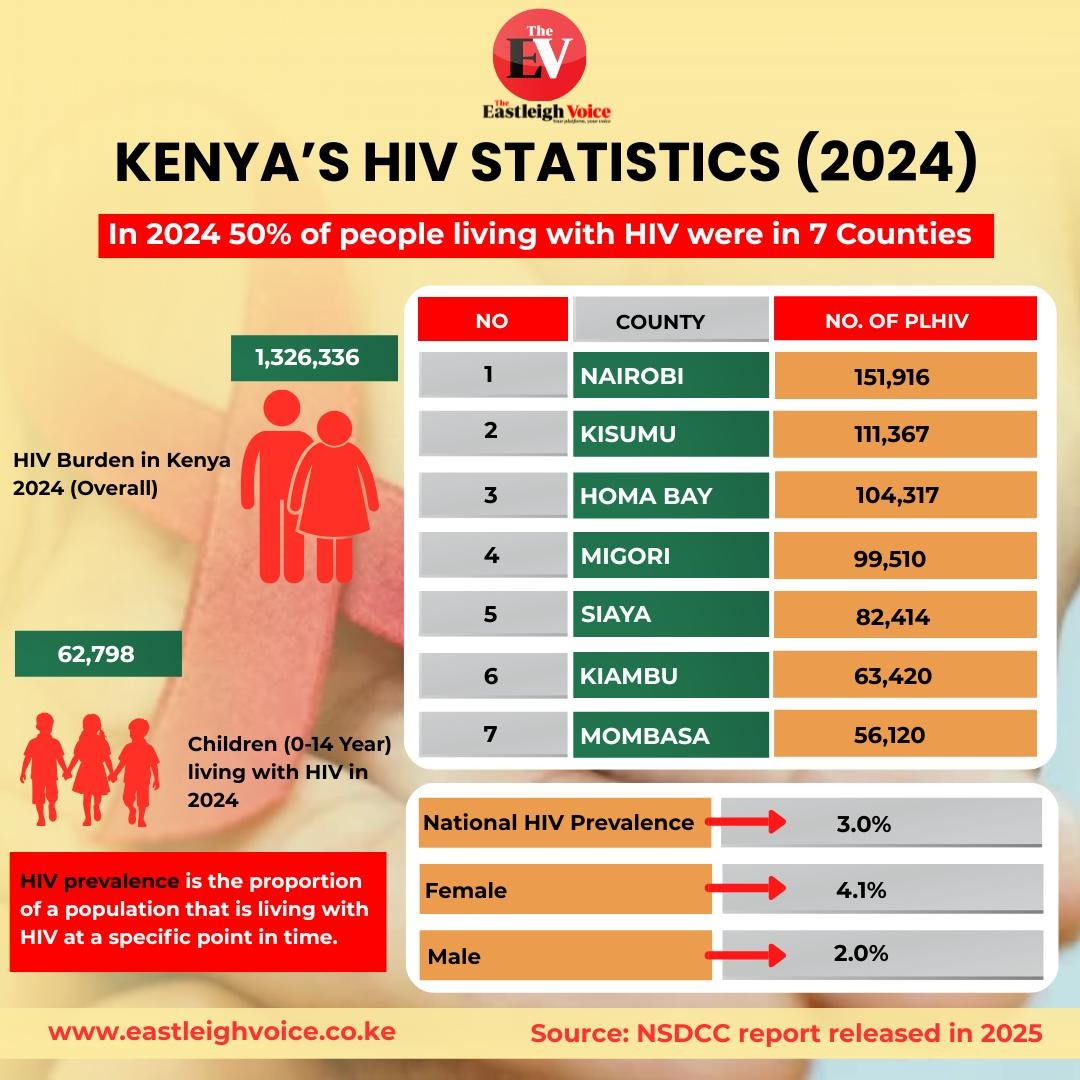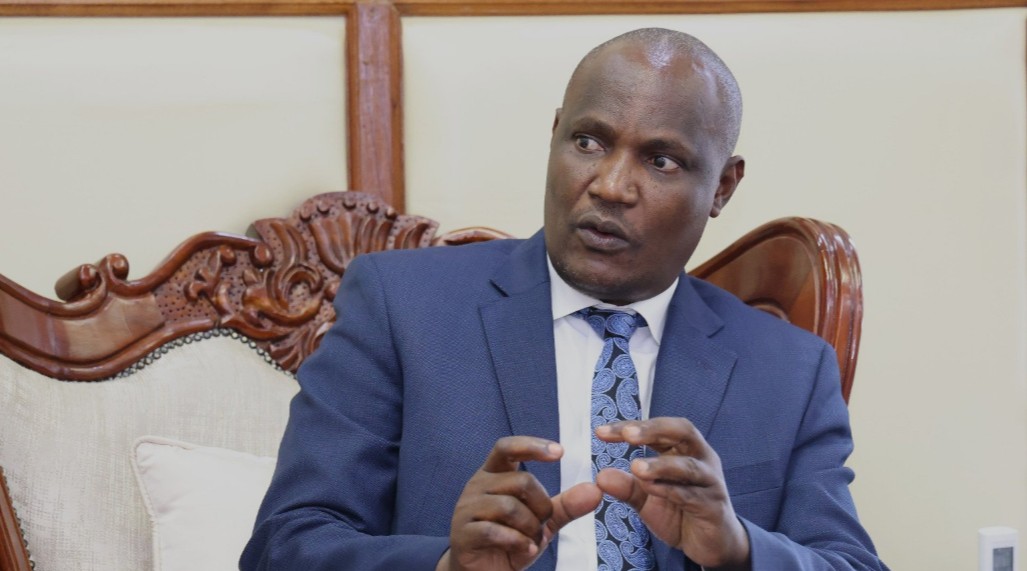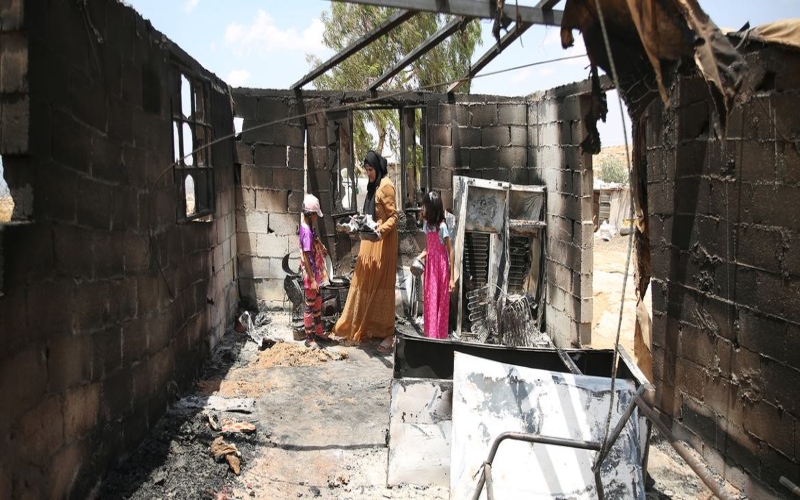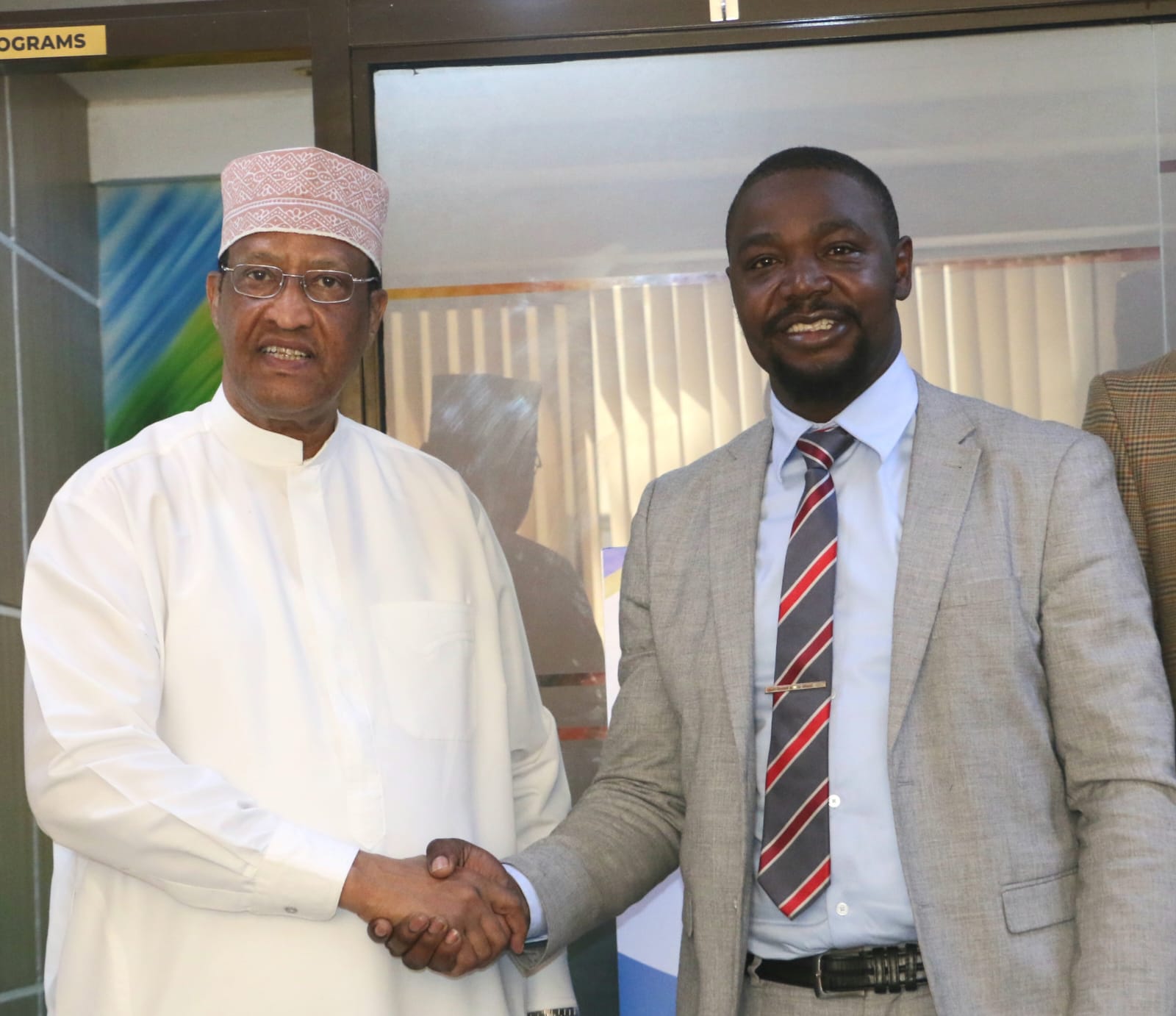Ethiopia confirms Marburg virus disease outbreak, nine cases reported so far
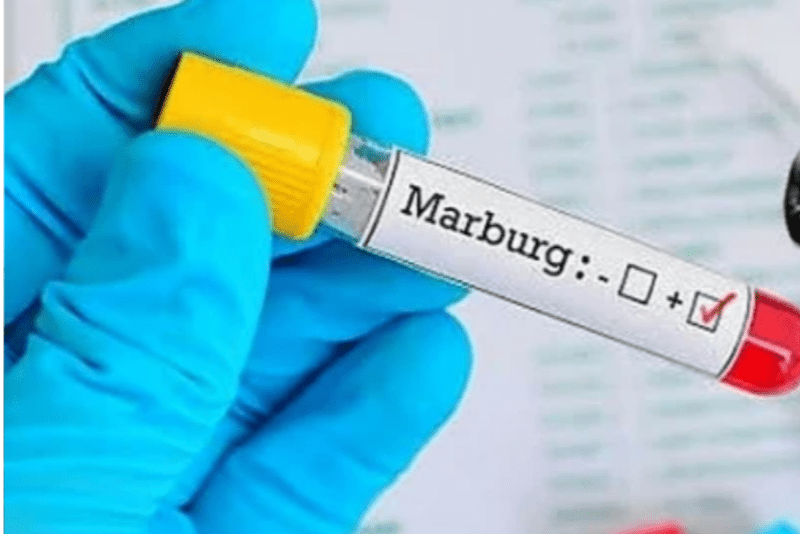
WHO Director-General Dr Tedros Adhanom Ghebreyesus praised the Ethiopian government's efforts, noting that the "rapid and transparent response" by the Federal Ministry of Health and regional health authorities demonstrates the seriousness of the country's commitment to bringing the outbreak under control quickly."
Ethiopia has officially confirmed an outbreak of Marburg Virus Disease (MVD) in Jinka, located in the Southern Region, with nine cases reported as of November 14, 2025.
The confirmation by the Federal Ministry of Health and the Ethiopian Public Health Institute (EPHI) has activated an immediate, coordinated public health response involving global partners.
More To Read
- Malaria: Drug resistance and underfunding threaten progress towards eliminating killer disease
- Sudan’s crisis deepens with communities trapped in ‘siege conditions’
- Ethiopia blasts Egypt for escalating hostile rhetoric and rejecting dialogue over Nile waters, GERD
- Adult obesity treatment enters new era with WHO-endorsed GLP-1 drugs
- Flu shots: how scientists around the world cooperate to choose the strains to vaccinate against each year
- Study flags stark inequities in global epilepsy care, medication
In a statement, the Africa Centres for Disease Control and Prevention (Africa CDC) confirmed an outbreak.
"As of November 14, 2025, nine cases have been reported, with clinical samples tested at Ethiopia's National Reference Laboratory confirming the presence of Marburg virus. Further epidemiological investigations and laboratory analyses are underway, and the virus strain detected shows similarities to those previously identified in East Africa. The initial alert of a suspected viral haemorrhagic fever was shared with Africa CDC on November 12, 2025," the statement read.
The speed of the response has drawn international commendation.
WHO Director-General Dr Tedros Adhanom Ghebreyesus praised the Ethiopian government's efforts, noting that the "rapid and transparent response" by the Federal Ministry of Health and regional health authorities demonstrates the seriousness of the country's commitment to bringing the outbreak under control quickly."
"WHO, at country, regional and headquarters levels, is actively supporting Ethiopia to contain the outbreak and treat infected people, and supporting all efforts to address the potential of cross-border spread," said Ghebreyesus.
Africa CDC affirmed its critical role in building Ethiopia’s molecular diagnostic and genomic surveillance capacity, capabilities that were immediately deployed to confirm the MVD.
Through collaboration with partners, Africa CDC provided genome-sequencing equipment, PCR detection kits (including Marburg-specific assays), and extensive training for laboratory personnel.
This support strengthened the EPHI core genomics facility and the Armauer Hansen Research Institute (AHRI), positioning them to play a central role in the outbreak response and innovation efforts.
The Federal Ministry of Health, EPHI, and regional authorities have activated comprehensive response measures, including enhanced surveillance, field investigations, strengthened infection prevention and control, and community engagement.
To maximise efficiency and resources, Africa CDC and the Ministry of Health will integrate the Marburg virus response with ongoing mpox preparedness and surveillance.
Africa CDC Director-General Jean Kaseya is scheduled to meet with the Minister of Health of Ethiopia to assess additional support needs and reinforce cross-border readiness with neighbouring countries.
The response, according to the Africa CDC, presents a unique opportunity to improve care for affected communities and generate critical innovations in Marburg prevention, diagnostics, and treatment.
Top Stories Today




